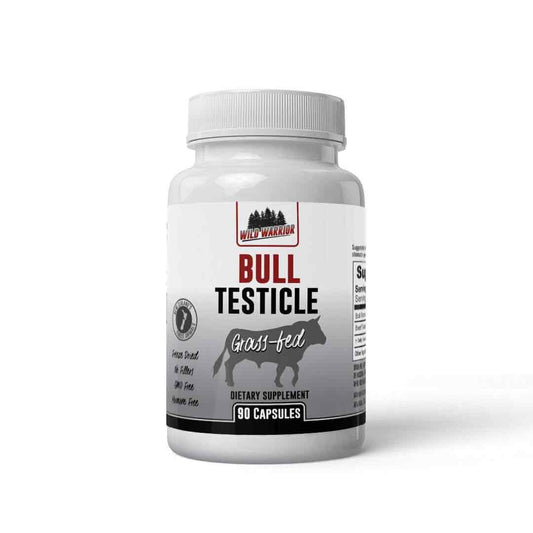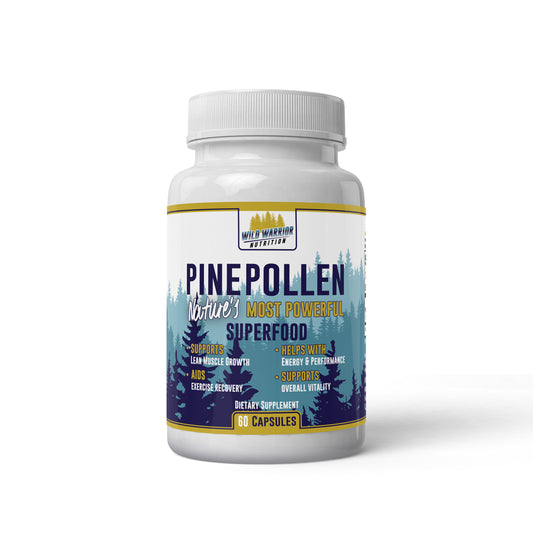Christina Lowe via The Health Strength
Natural herbs and traditional spices are often added to our daily meals as they offer various medical advantages, including anti-inflammatory properties, and memory enhancers. Some of them can be listed as Turmeric, cinnamon, basil, black peppercorn, CBD, and many more. If you are looking about how to start with CBD? You can check the best CBD products online.
Before the formulation and usage of chemically synthesized medicines, the ancient Greeks consumed a range of condiments and herbs due to their therapeutic properties. To cure many diseases, Hippocrates (father of medicine) used juniper, saffron, rosemary, anise, and several natural herbs. Certain plants are used to cure sickness, cramps, and discomfort, as well as other ailments.
While there is little to no scientific study that herbs and spices heal major ailments, research shows that they have qualities that can help alleviate specific symptoms.
Turmeric
The most popular culinary spice that has countless medicinal benefits is Turmeric. According to studies, it boasts analgesic, flavonoid, antifungal, antimicrobial, and antiallergic effects. Turmeric helps the best when it comes to problems related to inflammation and saving food from oxidation, which has also been proved in many pieces of research.
Curcumin, the main ingredient in Turmeric spice, acts as a disencumbering agent for inflammation and reduces mitochondrial stress by eliminating hazardous toxins present in the body. Free Radical toxins are epidermis damaging compounds with uneven electrons that function as promoters for long-term illnesses such as hypertension and coronary heart problems. Strong antioxidant presence in Turmeric helps reduce free radical production and the negative impacts of physiological strain on the heart.
Ginger
Ginger has relieved nausea and gastrointestinal problems for thousands of years. Today, ginger root is generally used as a spice or supplement to address digestive issues.
Ginger, closely linked to Turmeric, has anti-inflammatory qualities and a high quantity of total antioxidants. Only pomegranates and certain types of berries have higher levels of antioxidants. Several controlled investigations have shown that ginger is beneficial as an antiemetic and antinausea agent. It can treat motion sickness, morning sickness, and nausea and vomiting.
Cumin
Cumin is a common cooking spice that has a pleasant scent. According to studies, it's also good for weight loss, cholesterol, managing stress, and other things. It also has a lot of antioxidant power. Cumin is also an antidiabetic, according to research. For 24 weeks, a group of 80 patients took an Ayurvedic formulation, including cumin, and it dramatically lowered their postprandial blood sugar.
Peppermint
Peppermint is a prominent herb native to Europe and Asia that is widely used as a flavoring ingredient. Before introducing modern medicine, people in these areas utilized it for its cooling effects, antibacterial capabilities, and enhanced digestive health.
According to research, Peppermint, as a holistic treatment, has improved cardiovascular (heart) and pulmonary (lung) health by functioning as a bronchodilator. Bronchodilators expand the bronchioles (air passageways) in the lungs. When a person inhales the scent of Peppermint, their nasal air force increases, allowing more air to enter the lungs.
Furthermore, some studies demonstrate that Peppermint is an efficient muscle relaxant due to its cooling menthol constituent, which is why menthol is commonly used in muscle pain ointments and lotions.
Echinacea
Echinacea is a coneflower-derived supplement that supports the immune system and avoids colds. While there is no proof that echinacea can fight viruses, people use it to deal with illnesses, including the common cold, respiratory infections, etc.
Echinacea treatments for these ailments haven't been proven to be effective. The bulk of research either contradicts each other or is entirely circumstantial. However, there is a dubious relationship between echinacea and endocrine functioning. Almost all arguments for the herb's efficacy are based on partially personalized data.
Cinnamon
Since 2,800 BCE, ancient cultures have utilized cinnamon for anointing, embalming, and healing diseases. Cinnamon is an antibacterial, antiviral, anti-inflammatory, antidiabetic, and anticarcinogenic spice that is no longer as commonly employed for its therapeutic effects thousands of years ago.
Cinnamon also has cognitive-enhancing properties, prompting researchers to investigate if they could use the spice to alleviate issues with brain health. CEppt (an extract found in cinnamon bark) has been researched to see whether it can help reduce the progression of cognitive decline. The cognitive performance of mice who ate this extract was considerably improved.
Chili powder
According to studies published in 2015, capsaicin, the phytochemical that gives chili powder its spiciness, may play a significant role in heart and metabolic health.
When people eat chili powder, the spice causes favorable protein changes in the body that help them lose weight. However, experts aren't entirely sure of how this works. People who took part in a 12-week trial in which they drank moderate amounts of chili lost weight, which was caused by chili's impact on the body's ability to better balance insulin, among other therapeutic effects. In another study, researchers discovered that consuming chili daily reduced belly adipose tissue (fat) and hunger and energy intake. In terms of cardiovascular advantages, recent research from the American Heart Association indicated that those who consume chili powder regularly might reduce their risk of heart disease mortality by 26%.
Chilli powder's anti-inflammatory characteristics may make it helpful in aiding arthritis treatments and reducing muscle and joint inflammation.
Bottom Line
Herbs and spices provide a multitude of vital ingredients that are helpful to the body in addition to adding flavor to recipes.
People who include herbs and spices in their diet may notice some benefits or improvements in their health, but they should not rely on them alone for comprehensive illness treatment.
Those with serious health problems should consult a doctor to determine the best course of action.







